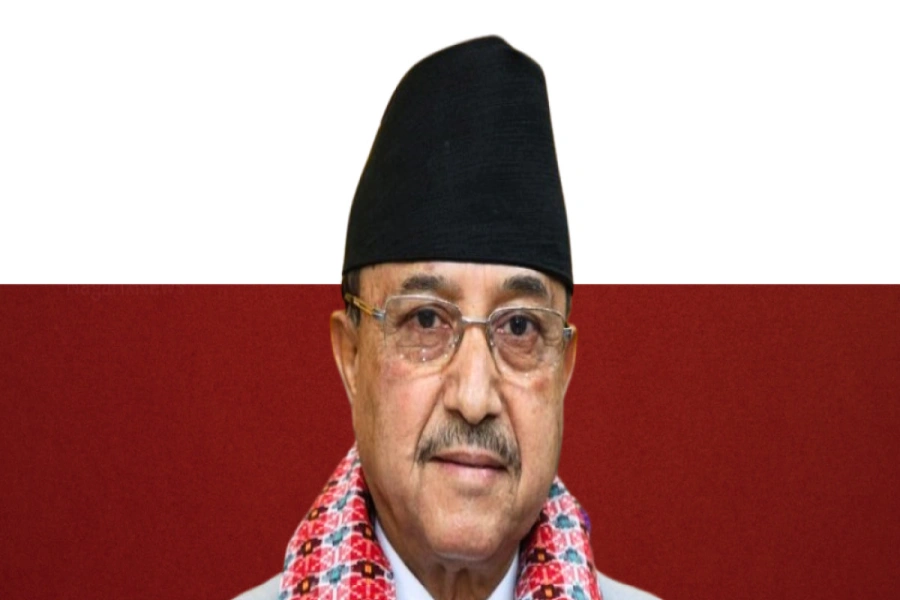The load-shedding this year will be minimized (12 hours per day beginning Chaitra) in comparison to last year due to three main reasons. Firstly, the Duhabi-Kataiya transmission line has now been restored and NEA thus hopes to take the total power import from India to 125 MW. [break]
Mangsir 5
Poush 7
Magh 8
Phalgun 10
Chaitra 12
Baishak 10
Jestha 12
Last year, the electricity towers along the transmission line were toppled due to flooding. Second, the Middle Marshayangdi hydroelelectric Project is now running as a full-fledged power house. It came into operation only in January. Third, the NEA plans to maintain the water level at Kulekhani, the country´s only storage-type hydro project, to 1517 meters and thereby generate more electricity for longer time in the dry season.
Some relief will also be provided by the run-off-river projects thanks to heavy rainfall and extended monsoon this year. However, no estimation of power generation is possible from these projects as the total generation capacity of these projects change depending on the water level in the rivers.
"The estimated water level at Kulekhani will be 1517 meters, which will draw 130 million units of power," an NEA official told Republica on condition of anonymity.
However, the projection is contingent upon the ministry´s plan to import up to 125 MW of power from India and another 25 MW from the existing thermal plants in the country besides power from Kulekhani thereby taking the load-shedding to 12 hours a day by the driest month.
"The plan is to generate minimum 25 MW from thermal plants, 130 million unit from Kulekhani and import 125 MW from India," Minister for Energy Dr Prakash Saran Mahat said, adding, "However, if the deal with Germany to bring in another thermal plant works out, we can push the generation from the plants up to 50 MW."
Stating that the "main pressure" for load-shedding exists in the capital city, Mahat said, "We are trying our best to work out the current plan."
The demand in the driest month (by January) is 890 MW and at the peak demand time there will be 50% power deficit as per NEA estimate.
"Although the electricity demand increases every year, we can easily fulfill the increased demand through the [aforementioned] new plan," the NEA source added. NEA has estimated that annual electricity demand increases by 10% in the country.
Winter travel tips





































